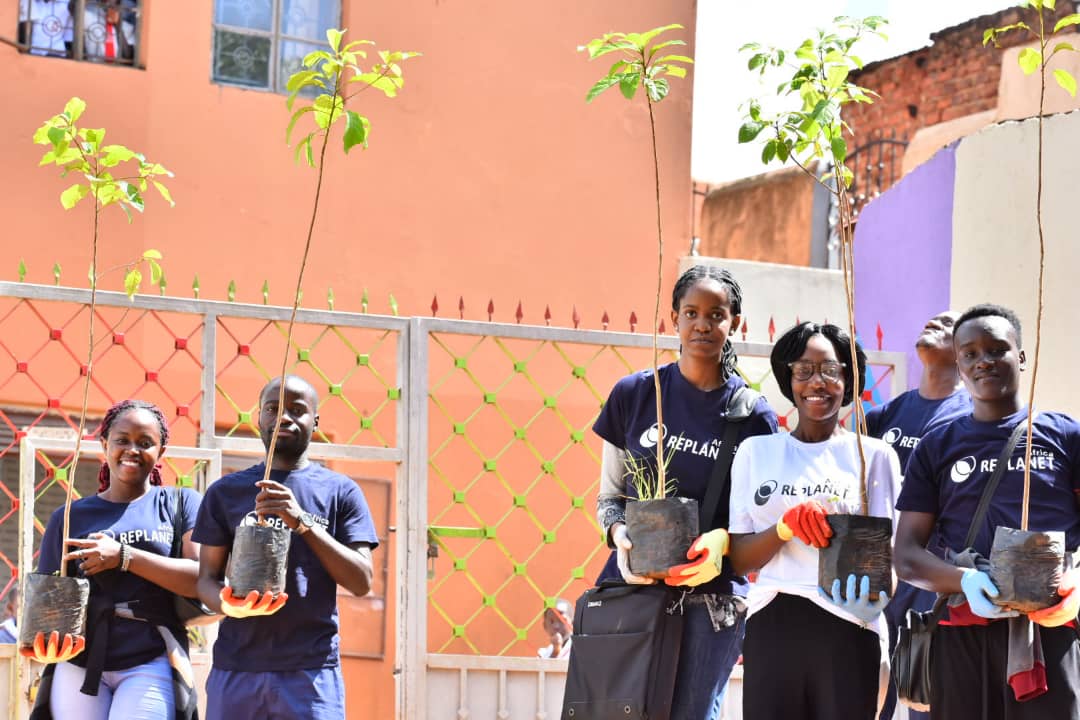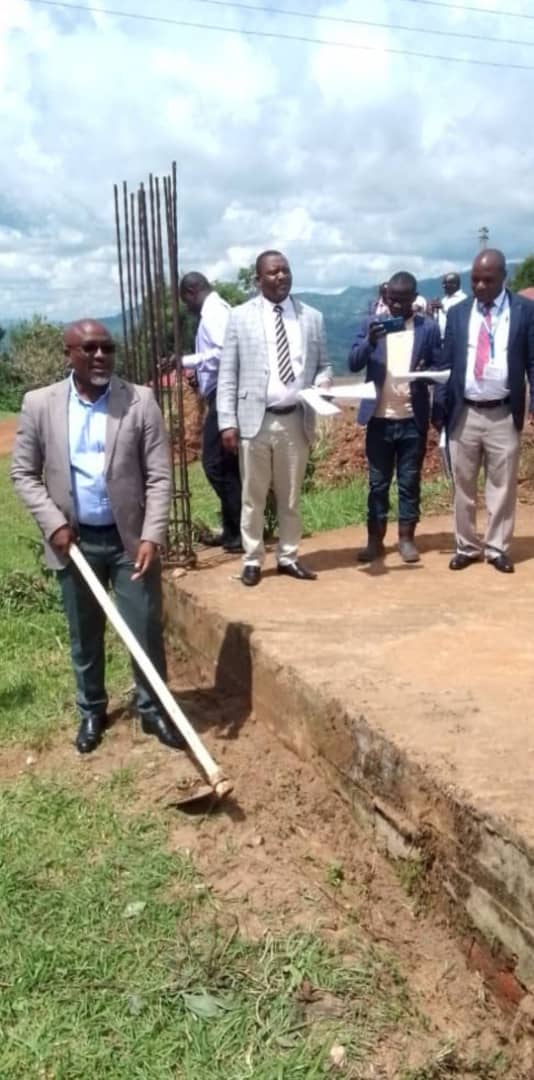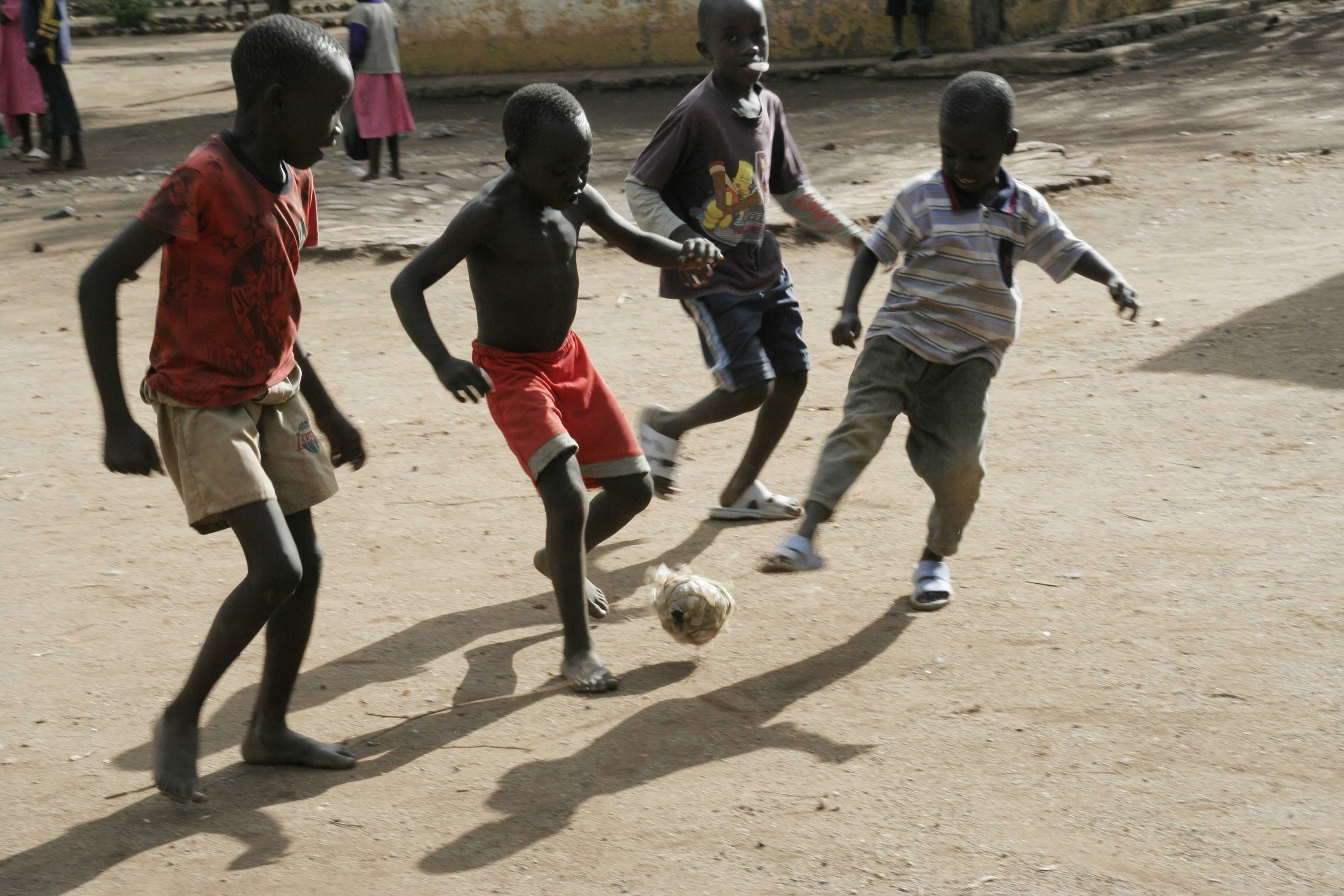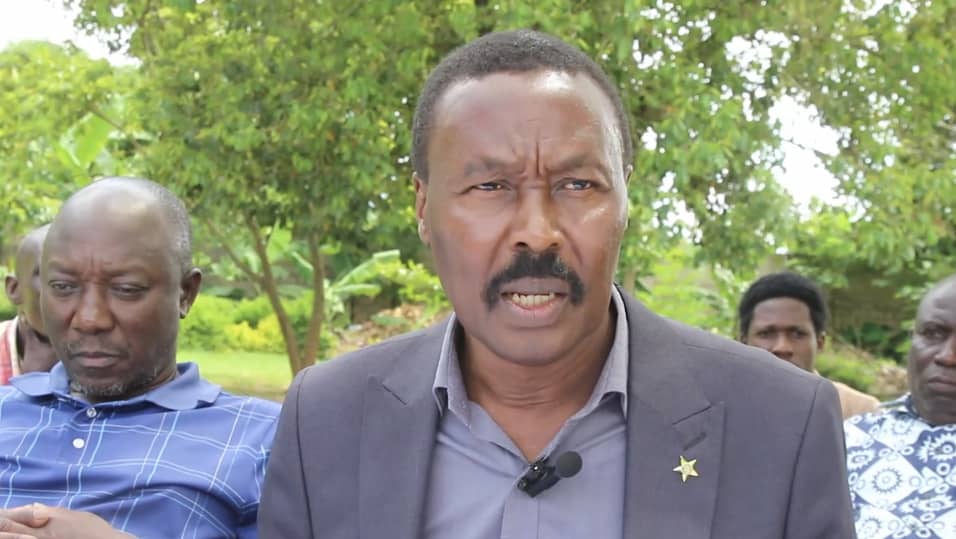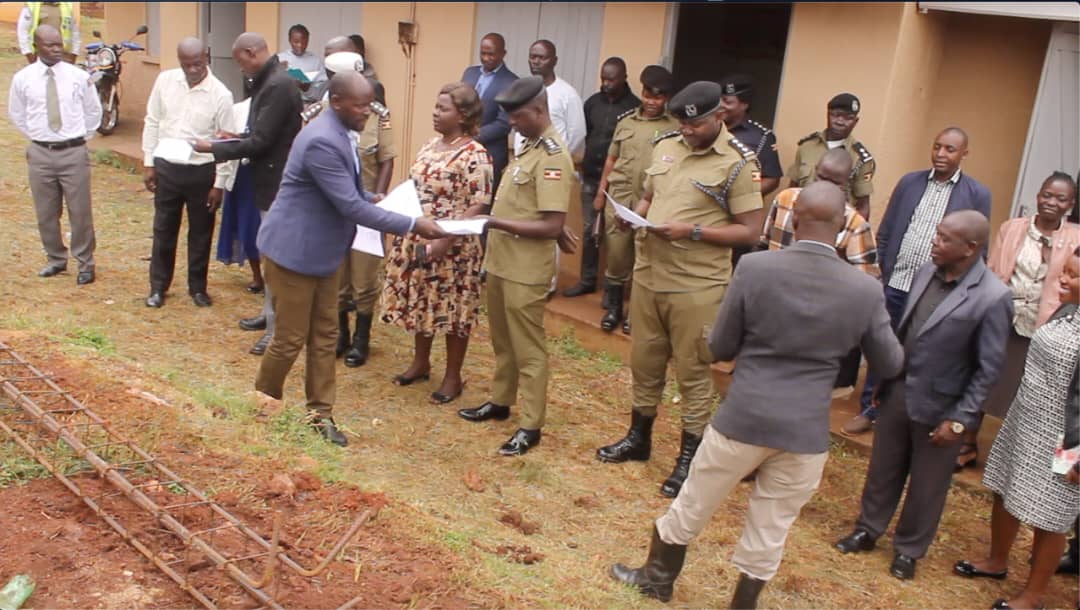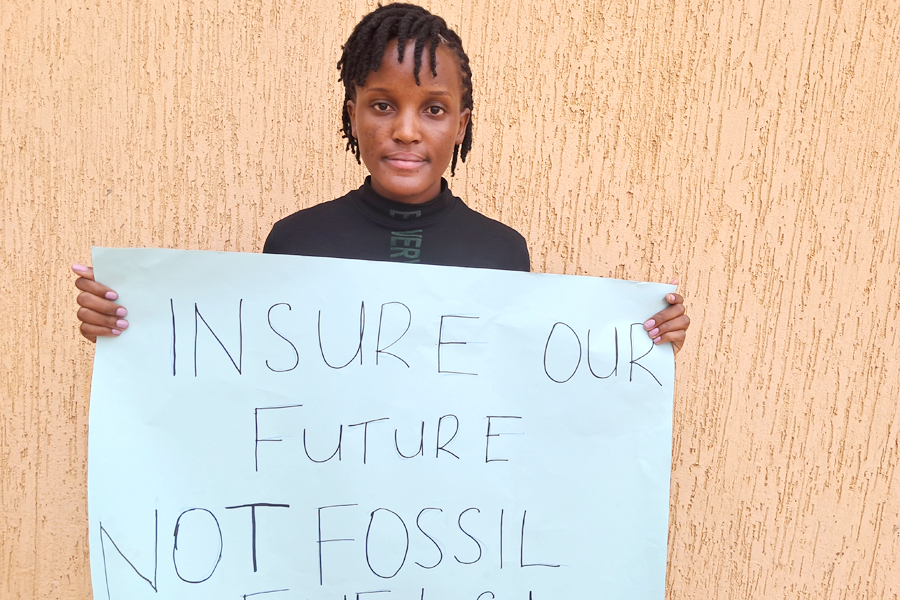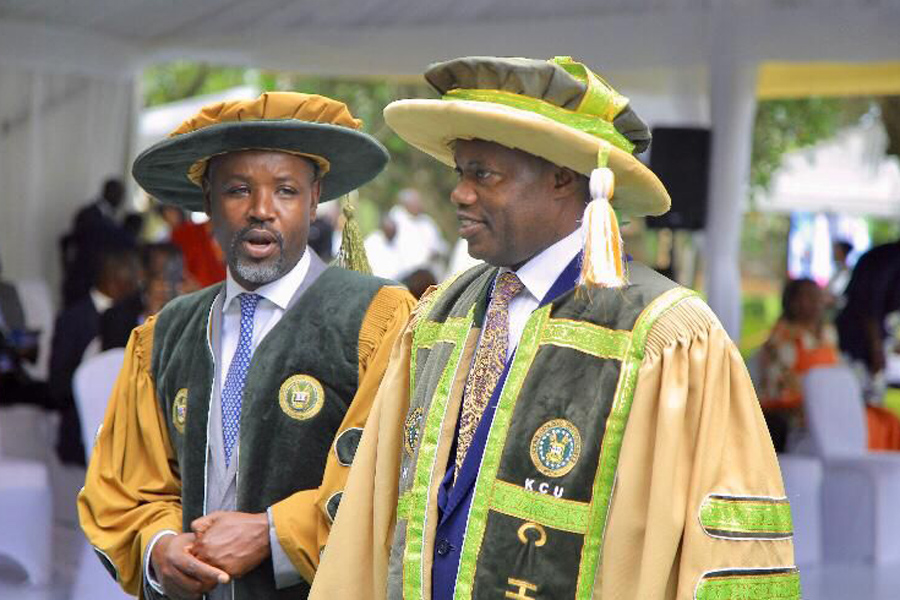More Ugandans have continued to work during COVID outbreak- Report
A majority of Ugandan citizens have continued with some work, whether paid or unpaid during the COVID-19 pandemic.
This is according to a Sauti za Wananchi survey, a nationally-representative, high-frequency mobile phone panel survey of public opinion and citizens’ experiences and was collected by the Food Rights Alliance and Twaweza.
Keep Reading
The findings are based on data collected from 1,600 respondents across Uganda in May and June 2020.
According to the survey, 85 percent of citizens have continued with some work, and this excludes household chores and hobbies. The number is higher in rural areas than in urban areas.
The survey states that at least 10 percent of the people in urban areas said they did not work because of lockdown while only 5 percent confirmed the same in rural areas, while 5 percent overall said they missed work this season due to health reasons.
The survey also indicates that people have turned to people who are far closer to them in the form of the family for immediate help as compared to previously when they would consult friends.
Despite these increased pressures, when asked who they would turn to for help if there was not enough money, 3 out of 8 Ugandans say they would not ask for help, compared to 2 out of 8 who said the same in January.
Among the rest who are more willing to ask for help, fewer of them would ask friends and more would seek help from family compared to January of this year.
Nonetheless, asking family and friends for money is among a range of previously less-used options that are becoming slightly more common during the Covid-19 pandemic.
Others include selling assets and seeking casual work. Compared to January 2020, fewer citizens are cutting expenditure (37% in January 2020 to 26% in May/June), getting items of credit (22% to 19%), and borrowing money (16% to 14%).
Among those in urban areas who have done no work during this period, one out of three (33%) has depended on their spouse or family and friends for food.
A significant number of 16 percent have drawn on savings while those who have survived entirely on government posho and beans are at 14 percent.
In rural areas, depending on family and friends has also been significant (25%) along with harvesting food from their garden (17 %).
The Ugandans who do not have work to return to have any clear survival or coping strategy - most of them plan to ask family for help or to make use of food stocks.
Business
On the side of businesses, a significant 4 out of 10 (41%) are no longer operating because of the lockdown or due to other Covid-19 mitigation and management measures.
According to Marie Nanyanzi of Twaweza, the data provides early insight into a new economic order for Ugandans following Covid-19.
“The intensifying pressure on citizens’ ability to meet basic needs is clear. Important changes in people’s spending and financial management are already apparent - from quiet belt-tightening to growing unwillingness to ask for help from our neighbors,” she said.
“The data also reveal that, contrary to expectation, rural households are facing even greater financial strain than their urban counterparts. Without thoughtful and assertive intervention, all Ugandans may face even harder times ahead,” she added.
Agnes Kirabo, the Executive Director Food Rights Alliance said the data show the gap in Uganda’s food governance system; whereas, household food security has been more resilient to shocks such as pandemics, national food security suffers under such shocks, weakening household food security further.
“COVID 19 serves to remind the government to put back food in its primary position as a national priority due to its significant role in macro-economic stability, human security, and national stability overall as well as, as an underlying determinant of other social outcomes such as health,” she said
“Appropriate frameworks are required as a matter of urgency to govern food production, food trade, and food consumption to ensure sustainability, stability, and safety,” she added.







